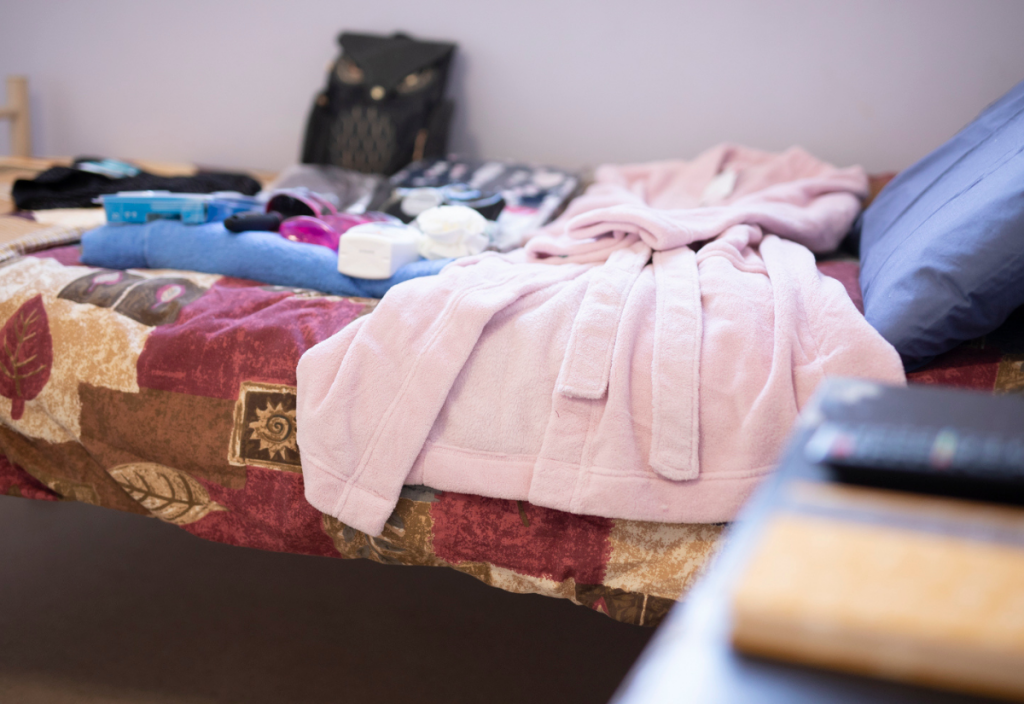
News
16 March 2023
Our Recovery Program: Connecting Women with their Strengths
Catherine House proudly partners with UniSA’s Communication and Media Clinic Program, a work integrated learning initiative with undergraduate Communication and Media students. Thank you to our UniSA students who provided us with content from our valued stakeholders.
Special thanks to Kirsty Reynolds for writing the following article.

Operating since 2003, the Catherine House Recovery Program is a place like no other, providing supported accommodation to adult women experiencing homelessness and living with a diagnosed mental health condition.
Funded by SA Health, the service operates 24/7 and accommodates up to 12 women at a time. Seven women live in a communal residential setting with an additional five women in single-living independent housing nearby.
Team Leader Mental Health Programs, Ms Darlene O’Leary, started as a case worker at Catherine House 16 years ago. She attributes the success of the program to the person-centred practices that support the women clients to identify and connect with their strengths.
“The program aims to support women in developing their skills and overcoming barriers in order to maintain successful independent living in community tenure,” Ms O’Leary says.
Upon entering the program, each woman is provided a case worker who assists them to identify goals. Many have come from dysfunctional family relationships and haven’t received the resources or respect they deserve.
“Most come to the program with histories of complex trauma and multiple diagnoses including borderline personality disorder, bipolar, schizophrenia and depression and anxiety,” Ms O’Leary says, “often when mental illness evolves within a family it is unclear that it is mental illness so there is a judgement on the behaviour or the substance use. It may be seen as a lifestyle choice when it is a coping mechanism to survive.”
The program focuses on rebuilding the resident’s sense of worth and identity through therapeutic interactions with staff and useful resources. For some women this can only be done in an environment that is truly ‘women only’.
Catherine House relies on wrap-around services to respond to the individual needs of each client and offers personalised opportunities for healing. Relationships with providers such as Adelaide Plastic Surgery allow them to refer women for scar or tattoo removal, providing fewer visual reminders of past trauma.
“What that can do to a client’s sense of self and their sense of confidence to show up in the world is enormous,” Ms O’Leary insists.
Darlene believes current systemic factors will see an increase in female homelessness in the near future, but she isn’t hopeless.
“My hope for the future is that we have a society that is more respectful, less violent, shares its resources more equitably and embeds that into legislation and the economy,” Ms O’Leary says.
For now, Darlene makes a difference daily, working at an interpersonal level to encourage women to become their best selves. “I’ve been working here for 16 years and I still get chills. It’s amazing.”

